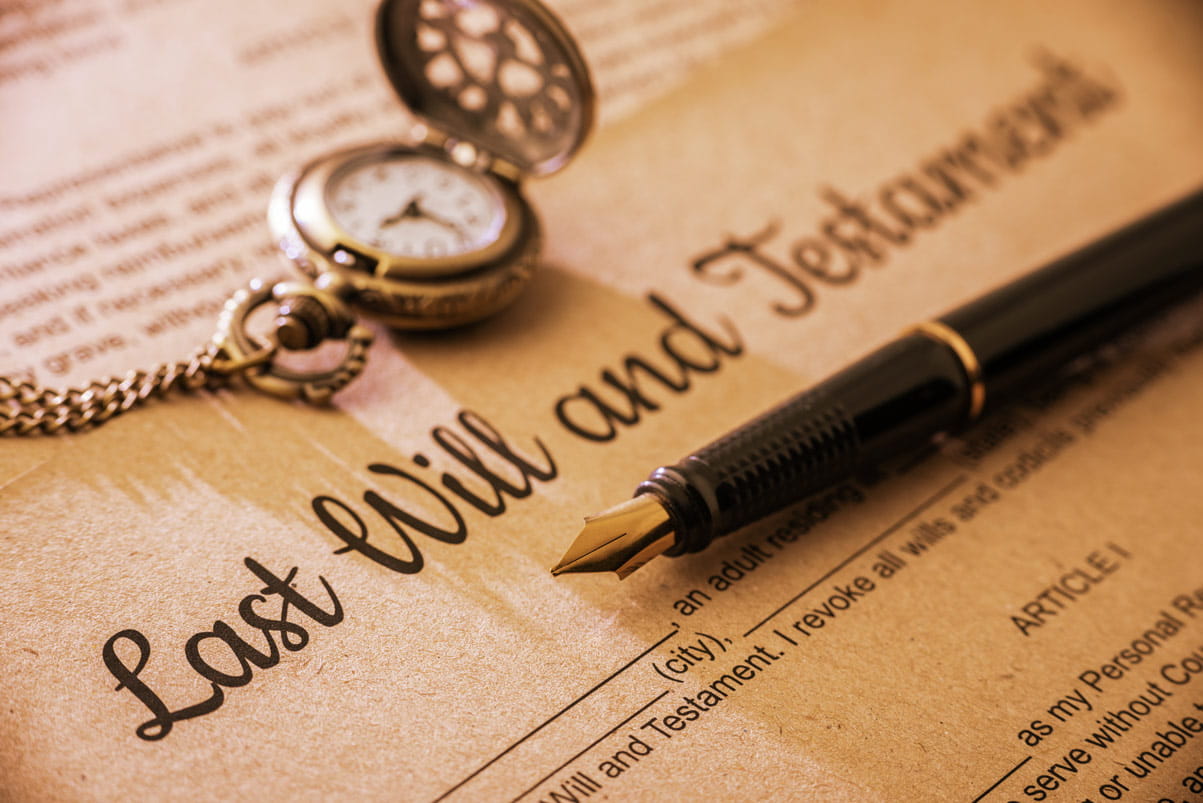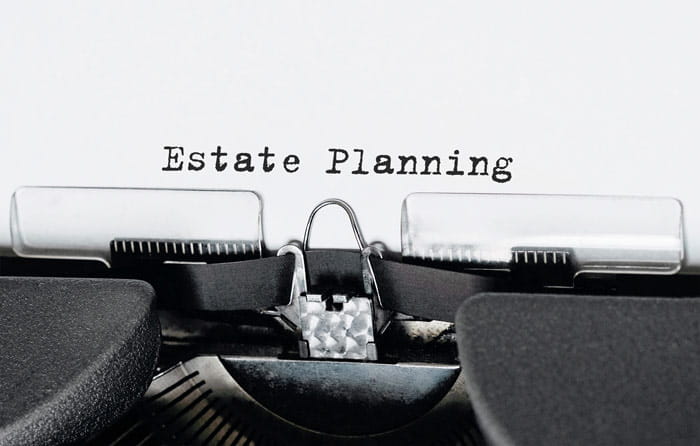
How to be an executor of a will
A useful guide on how to be an executor of a will from Saga.

A useful guide on how to be an executor of a will from Saga.
Your will details the people responsible for carrying out your wishes after you die. These people are called executors, who handle legal matters and ensure things happen according to your wishes.
This guide explains what an executor does, who can be an executor, how to remove an executor from your will, and the difference between an executor and someone with power of attorney.
Executors are people who ensure a person’s estate (money, property, and belongings) is handled how they want after they die. They are usually named in the person’s will.
Being an executor is mostly about handling paperwork, but it also comes with legal responsibilities.
If the executor of a will mishandles inheritance tax, overlooks debts, or pays the wrong amount of money to beneficiaries, they could be personally responsible for the mistakes.
The executor of a will must be reasonably able to understand numbers and handle communications.
Lawyers can provide support or handle the estate on the executor’s behalf for a fee, which usually comes as a percentage of the estate value. This can be a better option if the executor of a will isn’t comfortable with the responsibility.
Power of attorney is a legal service where someone makes decisions for you while you’re alive. The executor of a will handles your will after you die.
Power of attorney takes care of your needs, while an executor looks after the needs of the people you name in your will.
You can name anyone as an executor of your will, including people you know and professionals:
The executor of your will can also be a beneficiary. You can appoint friends or family members as the executors of your will if they are also named to inherit part or all of your estate.
If an executor dies or can't perform the job, anyone entitled under intestacy rules can apply to be the administrator. If no one applies to take over as executor of your will, the court will appoint someone.
You must have at least one executor when creating a will , but it’s a good idea to name two. This way, the other can step in if one executor can’t fulfil their role.
You can choose up to four executors of your will, but they must make decisions together.
Being the executor of a will is an important responsibility that can be very challenging. Before you choose someone, make sure they’re comfortable taking this on.
If you’re considering choosing a close family member, think about how they might deal with their grief after you die. They might struggle to cope with the added stress of being an executor of your will.
An executor of a will has several important responsibilities, including:
To do this, the executor might need to get a Grant of Probate, giving them the legal power to manage the deceased’s estate, including accessing bank accounts and property.
At least one executor must be aged 18 or older to apply for probate . The process involves sending application forms and supplementary forms .
The executor of a will should act honestly and do what’s best for the beneficiaries of the estate. They can claim reasonable expenses for the funeral and probate application.
Sometimes, a beneficiary or next of kin may be unhappy about certain actions taken by the executor of a will. If someone thinks the executor of the will is doing a poor or careless job, this can be grounds for removal.
Do you have concerns about how a will is being executed? It’s recommended that you write to the executor and ask them to provide an account of the estate's administration.
If you’re not satisfied with how a will is being handled, there are a couple of ways to remove the executor of the will. The simplest is to ask them to step aside.
If they refuse, you can apply to the court to remove and replace the executor of a will.
Removing an executor of a will isn’t easy. You must prove how they have mismanaged the estate before the court will consider forcing them to stand down.
To remove an executor of a will, you must prove that:
Courts won’t remove an executor of a will over arguments with beneficiaries or if they take a long time to settle the estate.
Whether you have questions about wills and estate planning or just want to find out more, the expert team are on hand to help.
Mon - Thu 9:00am - 7:15pm
Fri 9:00am - 6.15pm
Sat - Closed
Sun - Closed
Excluding bank holidays



Talk to an expert about your current needs and future wishes. Find out what legal plans you might want to make.
.jpg?la=en&h=550&w=1440&hash=D75E80A351D1CBC72428B436C3C3EE4F)

We partner with Co-op Legal Services to offer advice and services for you and your family.


Let’s make sure you have the right plans in place for you and your loved ones.